Twenty-two years ago, Squaresoft released the first in what would come to be their most long-running and iconic franchise; Final Fantasy. With each main-series entry set in a different paradigm, only connected by a few iconic elements, the series quickly gained popularity in both Japan and the west and became synonymous with the RPG genre. Entries 1 – 6 took place on a 2D plane, with essentially turn-based combat and unique stories setting the games aside from those which came before. With the dawn of the Playstation the series transitioned into 3D and made waves with Final Fantasy 7, 8 and 9. Hailed as classics, this iconic trio retained the sprawling worlds the series was known for and expanded the range of gameplay offered. CGI cutscenes also allowed the developers to enrich their often complicated and political stories, drawing players deeper into the world. With the move to PS2, the series began to shift to a more linear structure and faster combat. Whilst many disliked the new era, many found FFX to be a refreshing change which still retained the key elements of the series. Then came Final Fantasy 12; arguably the most controversial title in the series, and the topic of today’s review. We don’t talk about 11.
Final Fantasy 12 was a huge change to the formula, looking (at first glance) like an MMO. Reaction was mixed, but following a PS4 remaster with the added features once exclusive to Japan, public opinion seemed to improve. What initially put many off was move to a less active, more fluid combat system which didn’t switch to a different screen from the overworld. This removal of random encounters was a huge change, and one which perplexed many fans of the series, although given the intervening years and the titles which followed it marks a distinct turning point. Having finally made its way to Switch with added features, does Final Fantasy’s black sheep hold up in the modern era.
Normally, this is where I’d introduce the main character, but honestly the main character isn’t necessarily the one you begin the game as. Vaan, our protagonist, is a teenage orphan living in the city of Rabanastre. Having lost his brother and parents to various wars between the country of Dalmasca and its neighbour Arcadia, he harbours a hatred of the Arcadian Empire and a huge desire to become a sky pirate. Whilst you play as him primarily throughout the whole game, with cutscenes and residential areas forcing you back into his shoes, this isn’t a game about him; especially in the later stages. Instead, it followed a well-fleshed out ensemble cast with Princess Ashe and her various allies acting as the primary driving force. The quest quickly shifts from an orphan’s tale to a continent-spanning journey to restore Dalmasca to its former glory, and whilst the complexity builds nicely into a satisfying conclusion for the more involved characters you do sometimes wonder why Vaan and Penelo are there at all. Don’t get me wrong, the characters are all nicely developed with Balthier and Fran being personal favourites of mine, but unlike previous poster-boys Vaan just feels like he’s along from the ride. It’s an excellently crafted story, it just isn’t HIS story. With heaps of political intrigue and variety of twists I thoroughly enjoyed the plot, though I was disappointed with the pacing at times; which begins to meander at the mid-point before returning to form towards the end.
Luckily, running alongside the plot is a deep and well-rounded combat system. Like most final fantasy games, in battle you command your character to take one of many actions once their gauge is full, but unlike previous titles in which battle took place outside of the overworld FFXII was designed to seamlessly integrate travel and battle. As you travel across wide, open areas, you’ll encounter a variety of enemies just running around; some hostile, some not. The dynamic nature of this system was unusual at the time and led to a mix of turn-led combat with a unique active element. In the modern era, this holds up better than ever leading to an engaging system which somehow remains satisfying to the bitter end. The enemy variety is excellent, and whilst there are the usual recolours you’ve come to expect from similar titles each enemy has its own niche and reason for existing, leading to some interesting fights which force you to vastly change your strategy. The boss battles and hunts deserve a shout-out here too; whilst I overall prefer the bosses of FFX, FFXII introduces many great designs for bosses which are a blast to fight.
Character progression develops through licenses; nodes on a grid which allow you to equip certain items or use certain abilities once you have acquired them. Whilst the original version of the game let you loose on a single, huge license board, Zodiac Age allows you to select one of twelve jobs for each character, granting access to a distinct combat style. It’s an interesting change which enriches the original system, especially considering you gain access to a second board later on, and negates criticisms that all characters felt the same in the original. In this particular version you also have the ability to reset and change boards; a welcome addition for those of us who played previous versions and relish the chance to mix up our strategies.
Your party usually consists of three characters, yet in a twist to the established formula FFXII chose to have you only really control one of them at the time. For the majority, your allies are controlled by Gambits; bits of rudimentary code which tell them what to do and how to react to certain conditions. Whilst some found them to be finicky, I love the ability to program their AI and relish the chance to perfect their actions for different situations. Whilst this does lead to some level of game auto-play (especially with the x4 speed feature active) I still enjoyed the satisfaction of knowing it was all my work, and realised pretty quickly that come boss time my usual strategies weren’t going to cut it.
As a port, FFXII runs perfectly on switch. Releasing in a strange spot when the PS2 era was ending and the PS3 neared release, FFXII was always a graphical marvel and this has translated through the remaster and onto the switch. The remaster fixes many of the stranger quirks of the original, including Vaan’s horrific chest, and looks wonderful in motion. Whilst it begins to show its age when docked, handheld is a true sight to behold. Audio quality is also pretty good, though there is a noticeable dip in quality compared to the PS4 and XBONE versions. The voice acting was excellent before and remains such, with some fantastic character and accent work to build depth to the multitude of races you encounter throughout your journey. Very few games, aside from perhaps Xenoblade Chronicles 2, use British regional accents quite this well and at times it simply feels like coming home.
Whilst it’d be hard to argue that FFXII is the best Final Fantasy game overall, I personally rank it within the top 3 and thoroughly enjoyed the combat system’s surprising depth and variety of spells and status complications. This is the definitive modern version of FFXII in my opinion and whilst it doesn’t look or sound quite as good on Switch as it may do on PS4 I genuinely feel the ability to play it on the go outweighs these losses. Whilst you shouldn’t go into this expecting a replica of FFX or FFVII, Final Fantasy 12 stands on its own as an excellent JRPG with many unique traits and concepts you won’t find elsewhere. If you love JRPGs and like an active approach to combat this may just be your cup of tea.


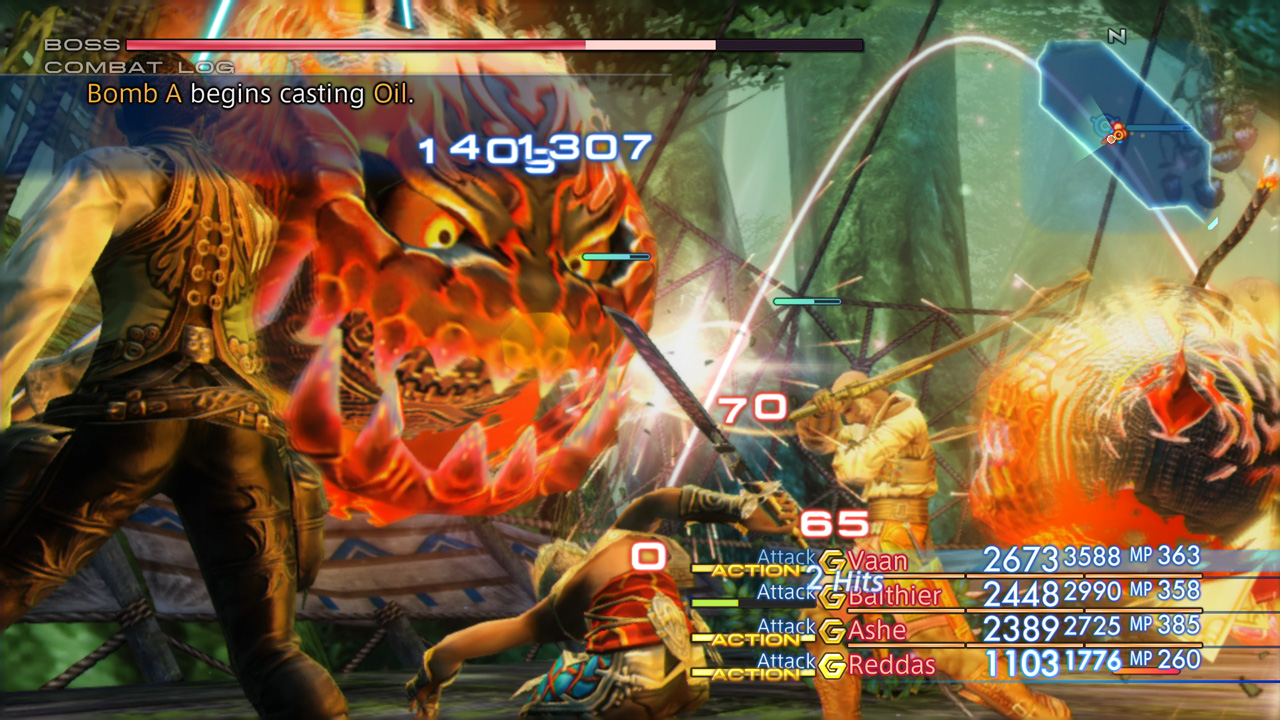
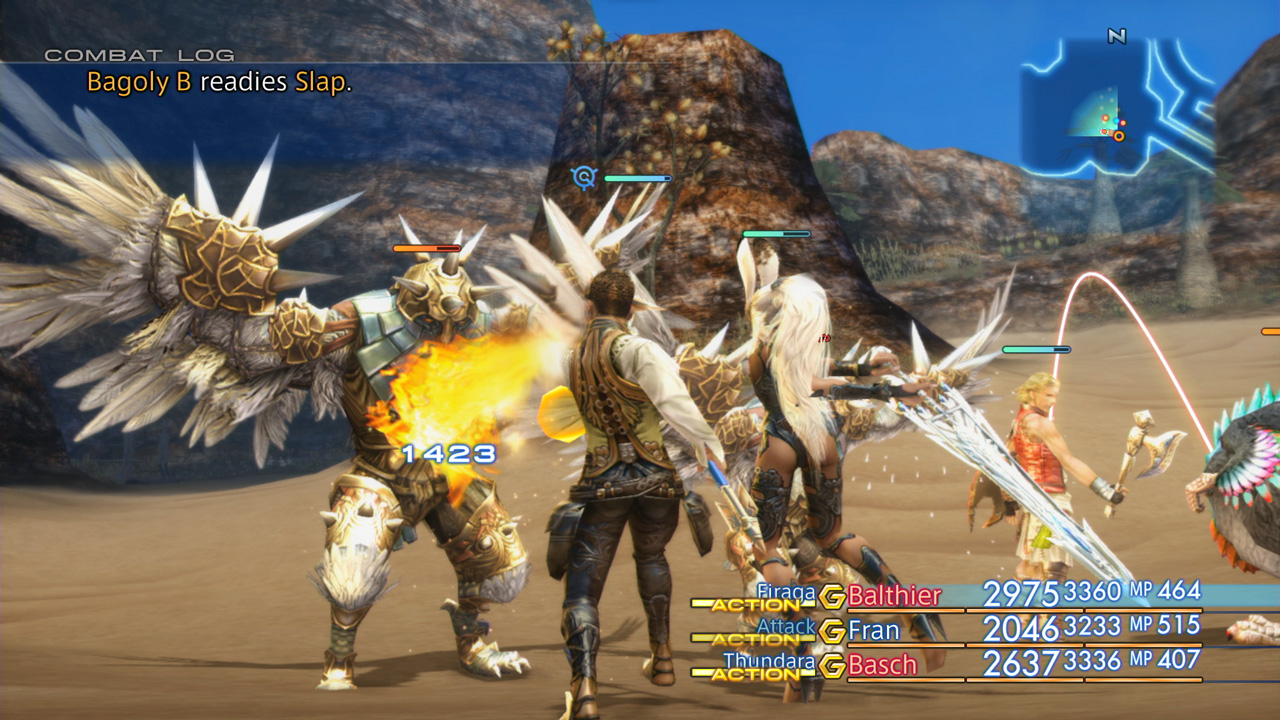
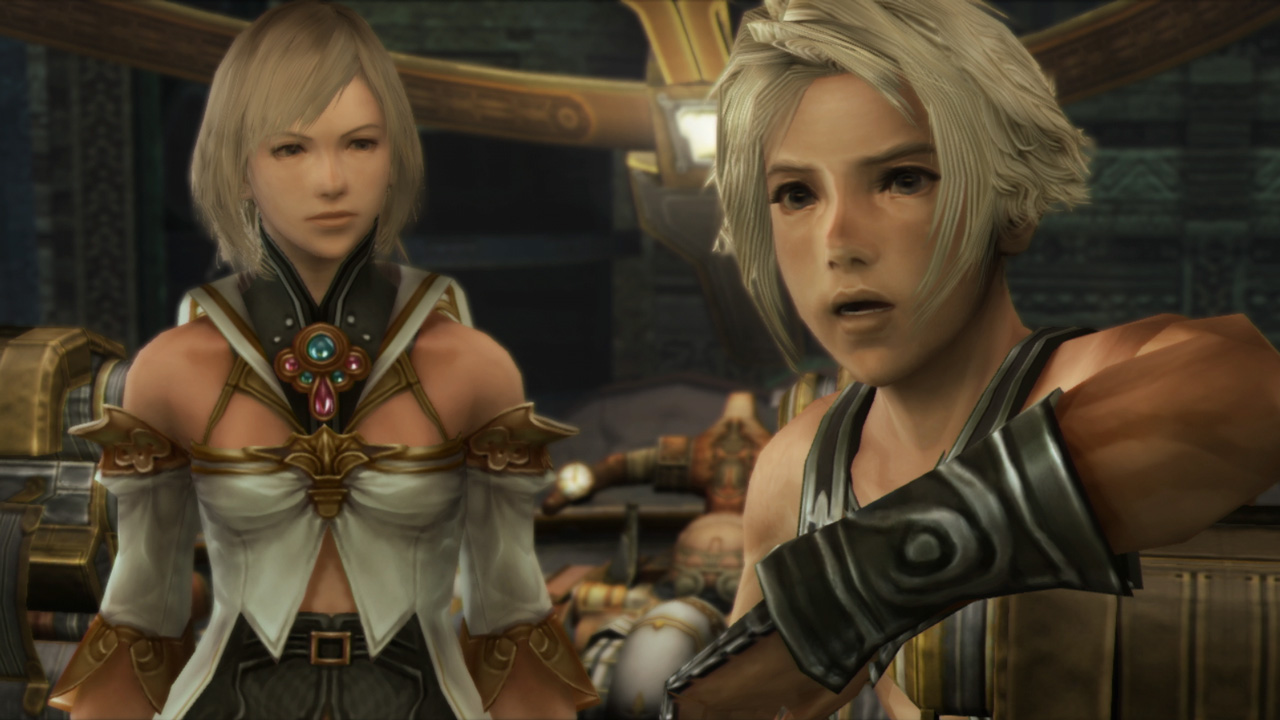
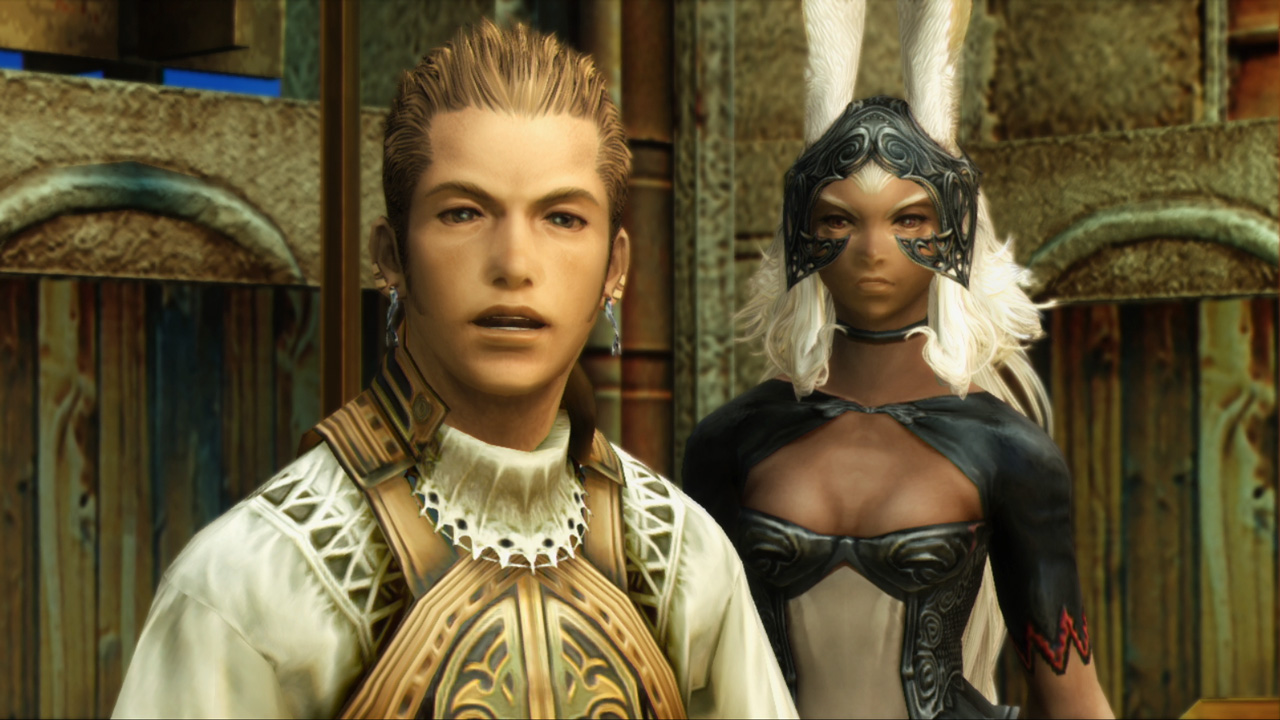
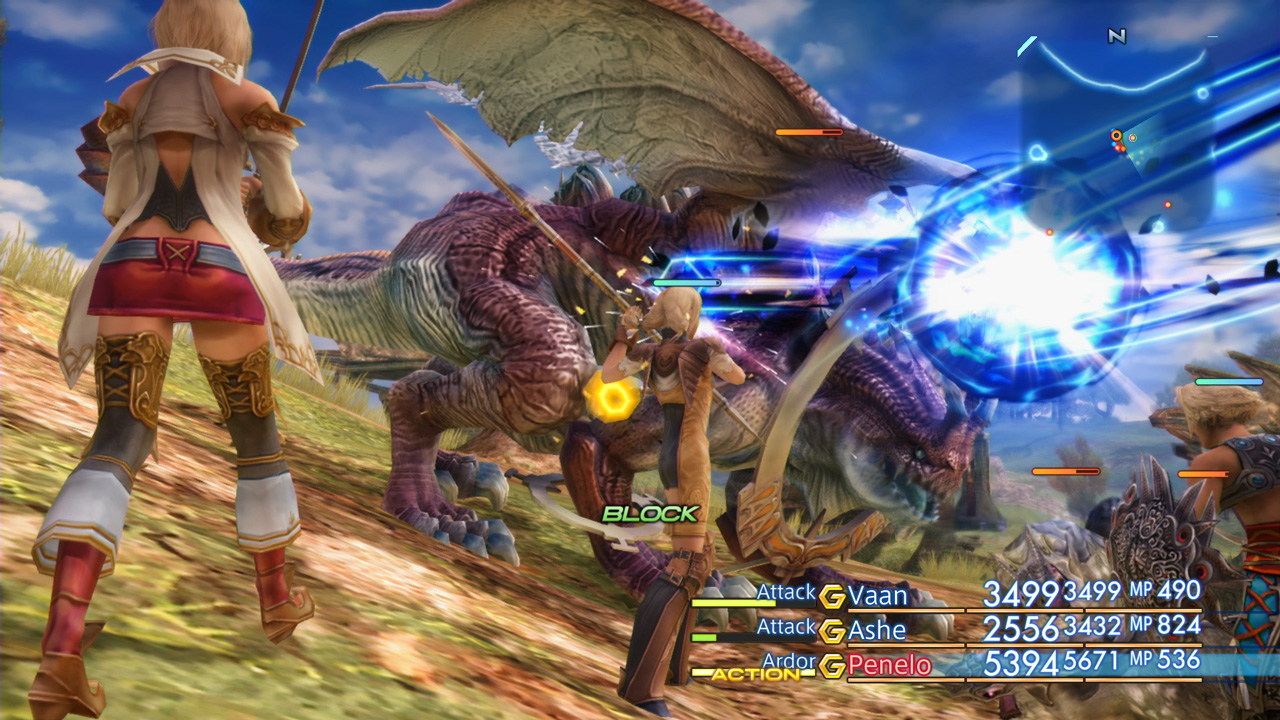






You must be logged in to post a comment.